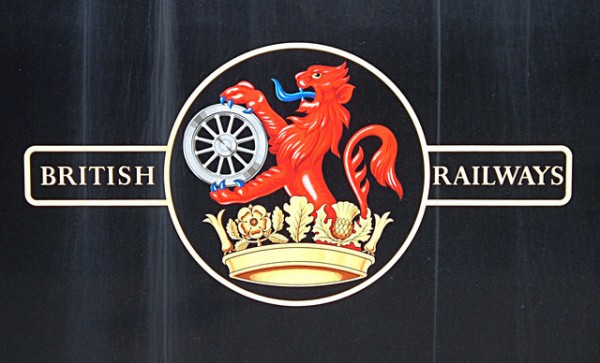 A Ministry of Justice report (PDF) has published details of 9,800 complaints about its court interpreting contract with Capita Translation & Interpreting, with the report revealing that the numbers and frequency of complaints have increased this year. Capita has provided the service since 30 January 2012 and the Statistics Bulletin reveals that 3,786 (39%) of the complaints relate to interpreters not being available for courts or tribunal cases.
A Ministry of Justice report (PDF) has published details of 9,800 complaints about its court interpreting contract with Capita Translation & Interpreting, with the report revealing that the numbers and frequency of complaints have increased this year. Capita has provided the service since 30 January 2012 and the Statistics Bulletin reveals that 3,786 (39%) of the complaints relate to interpreters not being available for courts or tribunal cases.
The court interpreting service is essential for those whose first language isn’t English and who need help in understanding and communicating accurately in court cases and tribunals.
Professional Interpreters for Justice (PI4J), the umbrella group representing interpreter organisations, says the Statistics Bulletin’s stated figure of an 87% “success rate” of completed requests hides the true picture of the thousands of court and tribunal cases where Capita T&I’s failure to supply an interpreter, or when an interpreter is late or of poor quality, is disrupting the delivery of justice and wasting tax payer’s money.
In the second quarter of 2013 there were 1,957 complaints, 23% more than in the same period of 2012. The majority of these (64%) were about interpreters not being available. When compared with the same period of 2012, figures showed there was a fourfold increase this year, rising from 218 cases (April-June 2012) to 1,254 between April-June 2013.Read More
Paul Wilson, Chief Executive of the Institute of Translation and Interpreting, which is part of the umbrella group PI4J, said: “The accumulated cost of all the delayed and abandoned cases which resulted in complaints needs to be offset against the stated savings the Ministry of Justice thinks it is making. A conservative estimate would be £10 million of wasted court time so far.”
It costs approximately £10,000/day for a Crown Court trial and approximately £1,600/day for a magistrates’ trial or tribunal.
For the first time the bulletin includes figures for the number of “off contract” bookings made by courts and tribunals instead of using Capita. For the three months April – June 2013, 2,929 bookings were logged. The Tribunals Service, which had its own automated system, accounted for 50% of these “off contract” bookings. Court clerks were asked to make a manual log.
Geoffrey Buckingham, Chairman of the Association of Police and Court Interpreters, says: “It’s important to understand what these figures aren’t showing. We know for example that there are high numbers of sub-contract arrangements which Capita has put in place to prop up the contract. We hope the Ministry of Justice will recognise this sooner rather than later, so we can work on something better.”
The Statistics Bulletin, published on 31 October, listed 9,800 complaints from 30 January 2012 to 30 June 2013. Of these, 39% (3,786) were because Capita could not supply interpreters for courts or tribunals, 16% (1,530) were because the booked interpreter did not attend, 15% (1,515) were because the interpreter was late and 4% (410) related to the quality of interpreting. The remaining 21% (2,042) complaints were explained as “time sheet errors, operational issues and other interpreter issues” (what’s an “interpreter issue”? Ed.).
Three successive parliamentary inquiries by the National Audit Office, the Public Accounts and Justice Select Committees have been highly critical of Capita’s fulfilment of the contract, in addition tow which the Public Accounts Committee has begun further investigations.
Keith Moffitt, Chairman of the Chartered Institute of Linguists, one of the organisations highly critical of the current approach, said: “The Ministry of Justice has dragged its heels on addressing the issues of this contract despite a series of official reports which have highlighted what it needs to do.”
The majority of professionally qualified interpreters withdrew their services as a result of the outsourcing arrangement, which lowered the requirements for qualifications and experience whilst cutting interpreters’ fees and travel expenses to such an extent that many left the profession.



 A
A  The Netherlands’
The Netherlands’ 


 The fifth day of November is remembered in history for more than one thing. Not only was it the day in 1605 one Yorkshireman called
The fifth day of November is remembered in history for more than one thing. Not only was it the day in 1605 one Yorkshireman called 